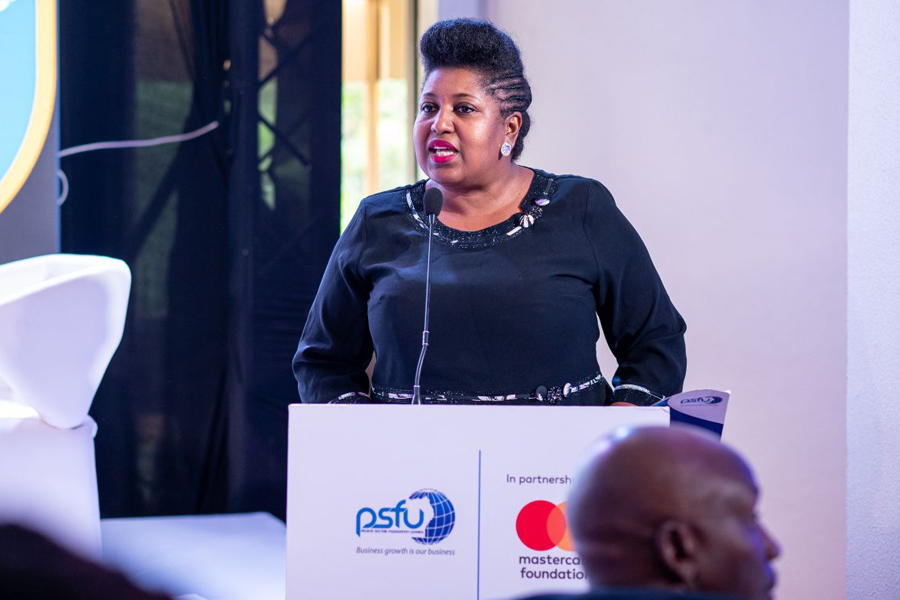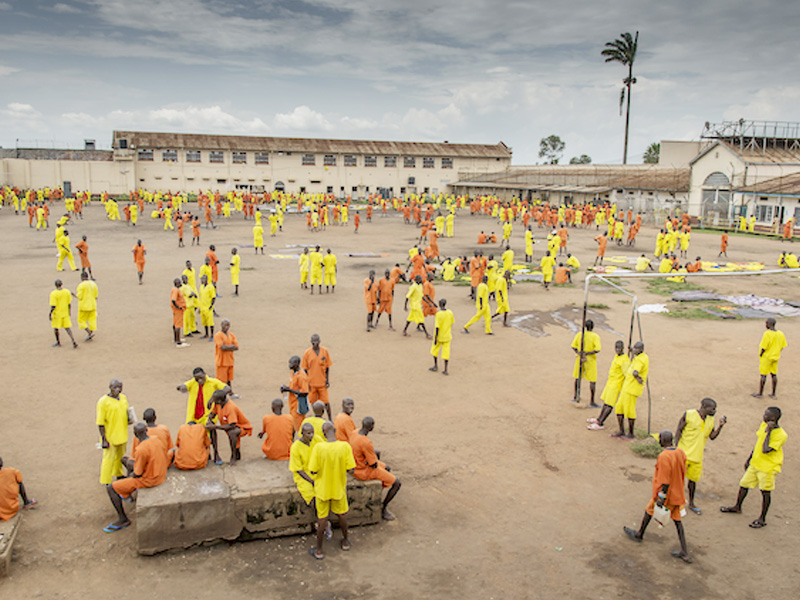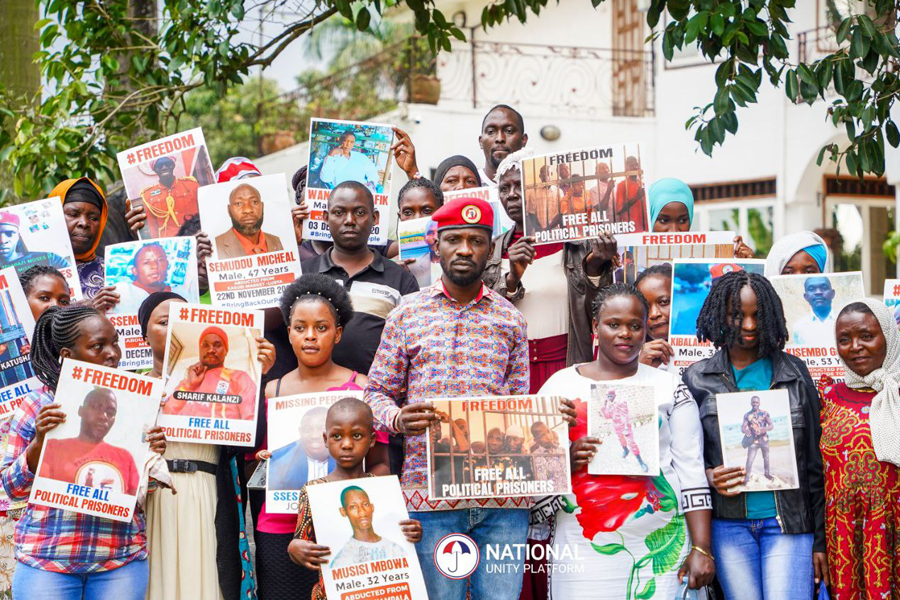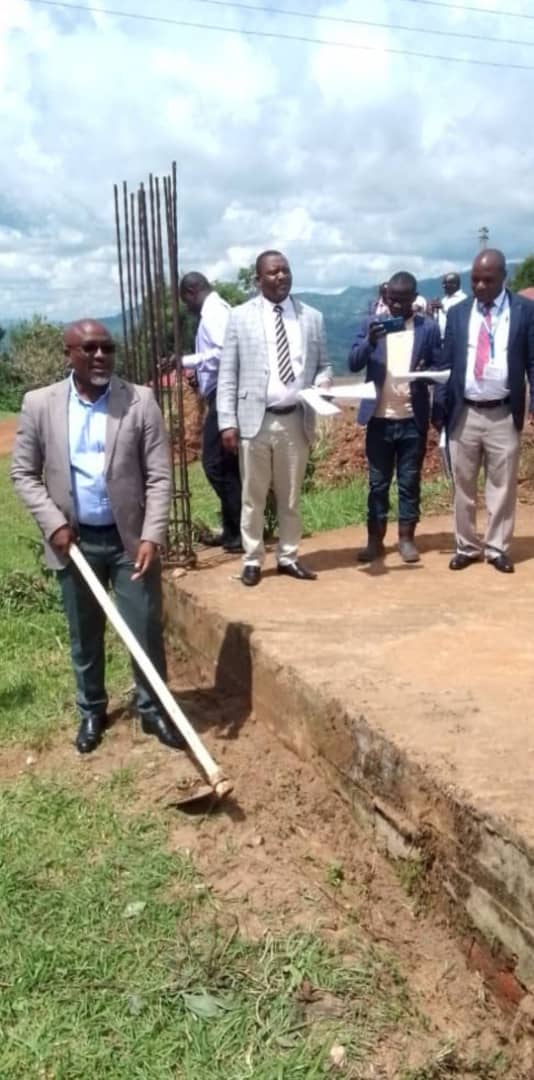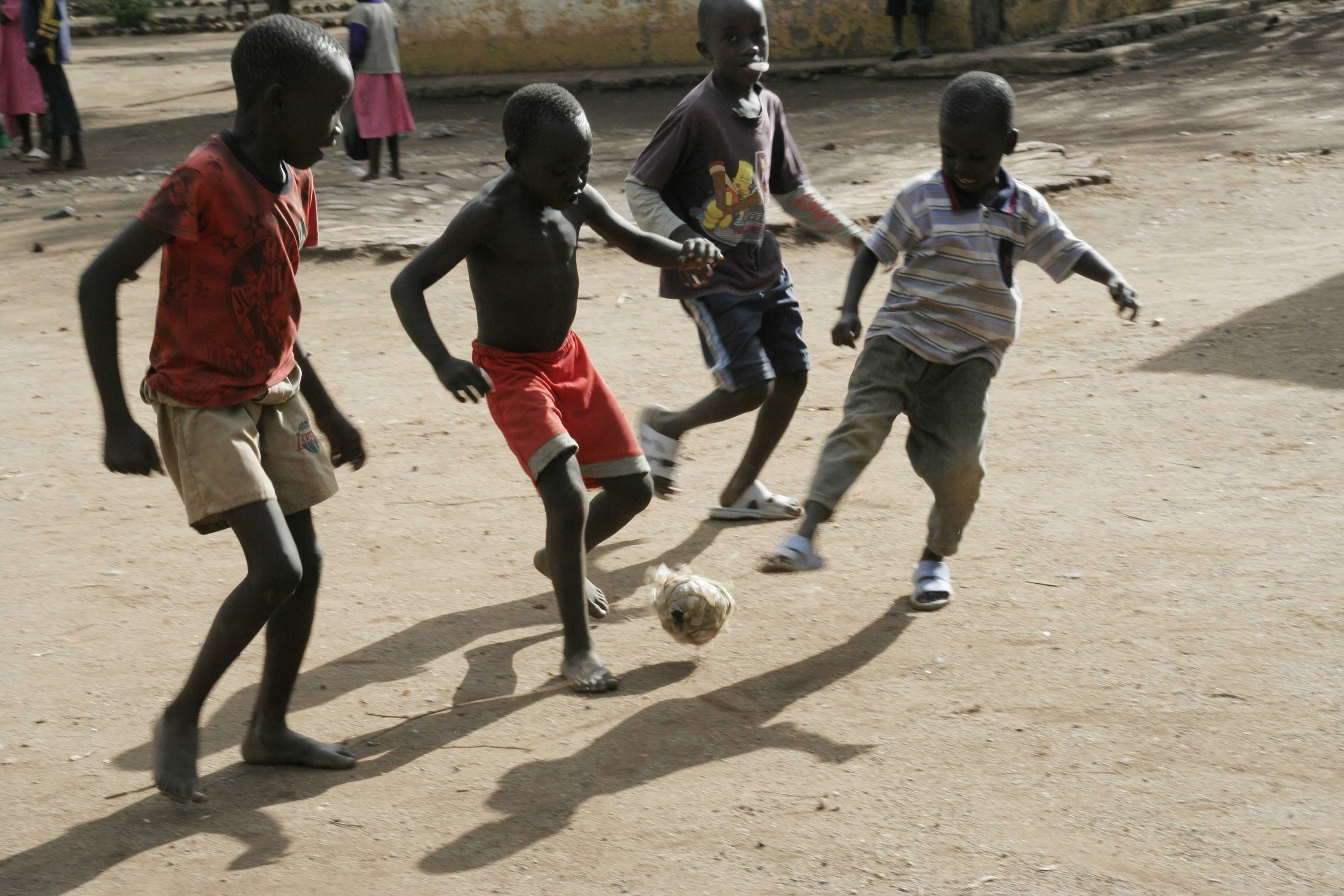REVIEW: A journalist's account of War in Northern Uganda proves invaluable
War in Northern Uganda: A Journalist’s Account by John Muto-Ono p’Lajur is a compendium of newspaper articles about the war in northern Uganda.
It shines an illuminating light on the Lord’s Resistance Army (LRA) led by Joseph Kony as a jumping off point of this account and delves deep into the impact of war in Northern Uganda.
As most of us know, the war in the north has its roots in Yoweri Museveni's National Resistance Army (NRA) ascent to power in 1986.
The NRA, primarily a force from the south of Uganda, allegedly exacted vengeance on the north for its leader’s part in reducing Uganda to a shadow of its immediately post-independence self.
Therefore, by late 1987, a civilian resistance movement led by Alice Lakwena was formed.
By November 1987, however, Lakwena's Holy Spirit Mobile Force was defeated by government forces only to be replaced by the LRA in 1988.
The LRA ravaged northern Uganda, leaving scores of innocents displaced, abducted or dead.
Soon, there were cries for talks with the rebels as is captured in the seventh article, written on January 20th, 1997, of this book.
It reads in part, “In a surprise twist, people in the war-torn Acholi sub-region are now pushing for a general amnesty for all rebel actions, including Kony’s LRA if it will end the northern insurgency. This general overview of the Acholi’s sentiments was given by the vice chairman of the Acholi Parliamentary Group, Absolom Ongom.”
The book takes a broad look into the essence of reconciliatory deliberations towards a peace process, focusing on the interaction between the rebels and government with a view to a negotiated settlement.
It does so by examining the dialogical mechanisms that are set in train to work in the interest of peace and as a means to identifying the principles which would underpin this peace.
These dialogical mechanisms, the author writes, sought to re-examine the terms of understanding that defined the supposed dichotomy between the north and south.
It is also chronicled here how the talks and talks about talks never really bore fruit.
In one article it is stated, “Gulu Woman Member of Parliament, Mrs. Betty Akech Okullu, has said that although President Yoweri Museveni loves the Acholi so much, he has surrounded himself with people who hate the tribe.”
Whether this is true or false, it might never be known unless the president is lobotomized and we can look within his head.
However, it must be noted, that there is a kernel of truth here as evidenced by William Pike in his book Combatants: A memoir of the Bush War and the press in Uganda.
When he beheld the carnage in the bush, Pike asked:
“Who did these things?”
“It was the army, no it was the Acholi”, came the reply from one of the NRA combatants.
So clearly, there was an ethnic bias and animus towards the north, denoted by the generic term “Acholi”, which was the germ of the cross-regional divide between North and South.
A lot of John Muto-Ono’s book may be used as a repository of the actual and factual information about the war in the north. So it will be a great help to policy and decision makers in understanding the nurturing and nature of that war.
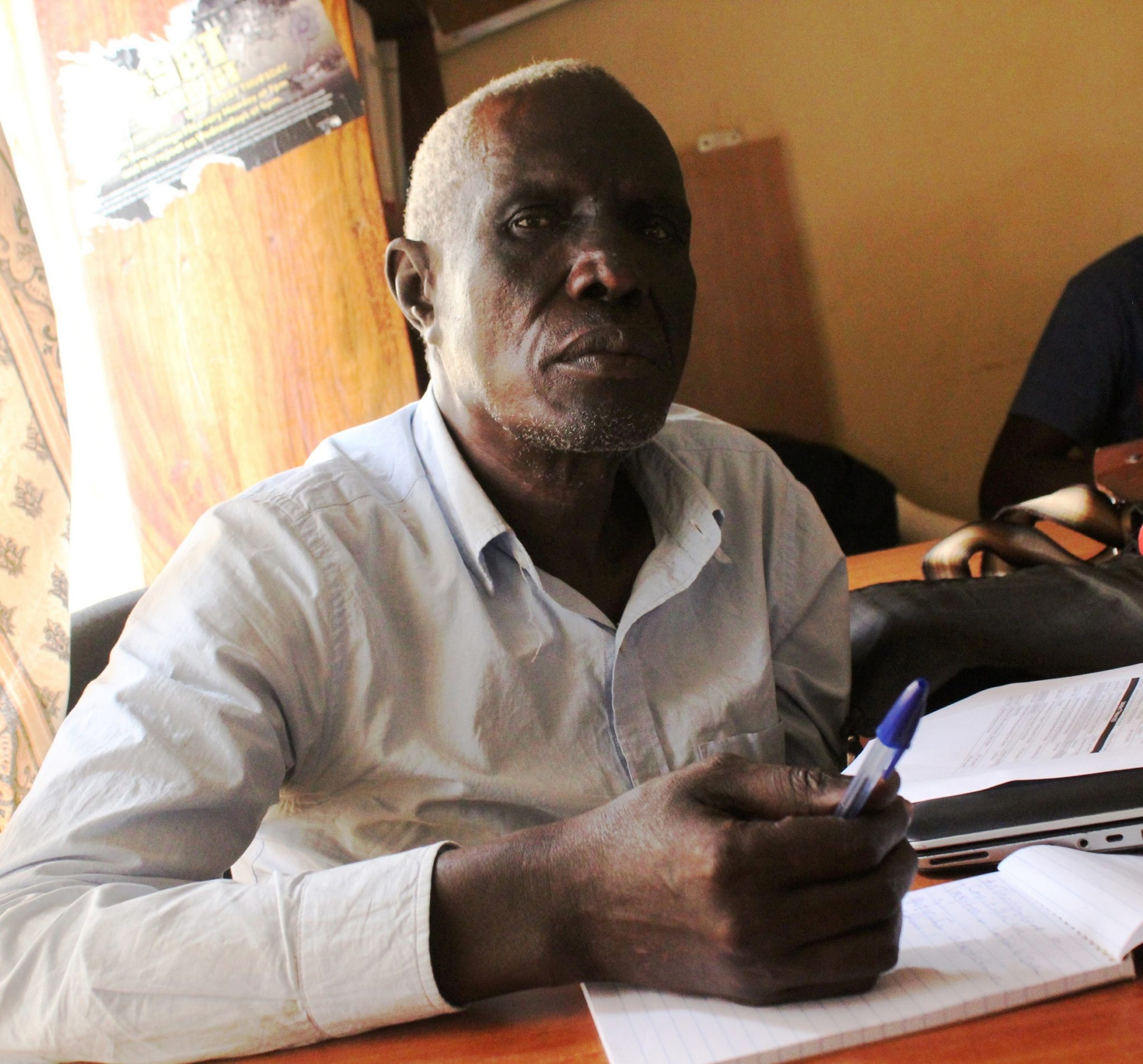 The author John Muto-Ono p’Lajur has created an invaluable resource
The author John Muto-Ono p’Lajur has created an invaluable resource
It is also a huge help to academics or those interested in academic inquiry, who seek to approximate the sociological and political forces at play at the time.
And thereby draw an evidential and causal link between conflict in the north as a microcosm and war in Uganda as a macrocosm.
Finally, and most importantly, it serves as a reminder of and reproach to the effects bad politics may mete out on our country if we choose to ignore eighteenth century German philosopher Georg Wilhelm Friedrich Hegel’s dictum, we learn from history that we do not learn from history.


